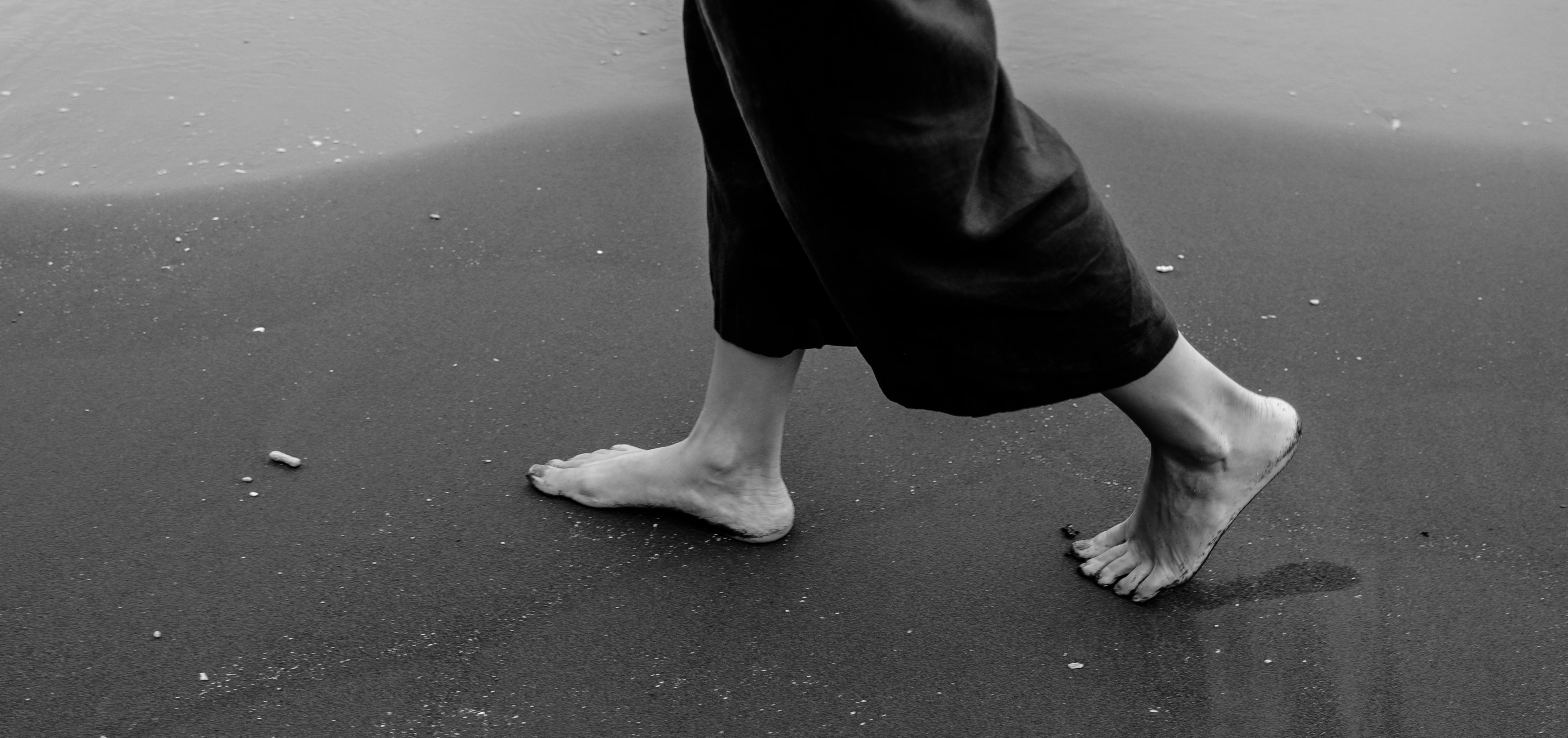
A Psychologist Discusses Breaking the Silence on Pregnancy Loss
Even though an estimated one in four pregnancies ends in miscarriage, the sense of grief felt by women and their families is rarely acknowledged in full. In fact, when Chrissy Teigen posted raw, emotional photos of the immediate aftermath of her miscarriage in September 2020, and Meghan Markle, the Duchess of Sussex, wrote about the loss of her second pregnancy in the The New York Times a few months later, there were reverberations and nods of recognition around the world. Jessica Zucker, Ph.D., a Los Angeles-based psychologist specializing in reproductive and maternal mental health, has spent her career counseling women who experienced infertility, miscarriage, and stillbirth—still, she was blindsided by her own experience losing a pregnancy at 16 weeks. In her book I Had a Miscarriage: A Memoir, a Movement (Feminist Press), she shares her story and calls for a revolution in how we talk about this particular kind of invisible yet devastating loss. She is also the creator of the #IHadaMiscarriage campaign.
Why do so many women blame themselves for losing a pregnancy?
With the lack of a cultural framework for speaking openly about pregnancy loss, women often turn inward. Miscarriage is a ripe opportunity to believe that somehow you could’ve done something differently that would have brought about a different result. We were taught that if we try hard enough to achieve something, we can and we will. We ask ourselves: What if I exercised too much? Was it that sip of wine? Did this happen to me because I was ambivalent about becoming a mother? Or, did this happen because I wanted it too much? Research tells us that these things did not provoke the miscarriage, but the mind wants to believe: Now that I know what I did to create this loss, next time I will do something differently.
What do you see as a way to end this self-blame and silence?
The simplest way to achieve an antidote to this unhelpful cycle is to speak our truths. To persist in telling our stories. To gently and unequivocally resist self-blame. We need to look to the research about chromosomes, genetics, and other things that can take a pregnancy off course, rather than creating elaborate stories in our minds of how we could have brought about a different outcome. To remember that we are, in fact, not alone.
What were you most surprised and shocked about when you experienced your own miscarriage?
I found that grief comes in waves, is unpredictable, and has no definitive beginning, middle, or end. I came to learn that leaning into grief might just be the very antidote to drowning in it, and that I would find connection and community in unlikely places—like corners of the internet and on social media. I found out firsthand that speaking our truths can be a potent salve.
What should women do in the first days and weeks after the loss to take care of themselves emotionally?
When you think: I am the only one, remember that there are millions among us who understand this ache too well. Allow yourself to feel whatever it is you’re feeling, because no one feeling lasts forever. If you can muster a modicum of basic self-care like showering, do it. If running errands sounds daunting and anxiety-provoking, see if someone can help you out, or put it off until tomorrow. I’m an advocate for occasionally engaging in things that can distract from the pain while navigating the early days of grief. Watch bad TV, get engaged in a movie, move your body, cook, flip through magazines. Go easy on yourself. If you get the sense that professional help might be necessary, get it. If you want to share your story, do it. If you yearn for connection, locate a support group or places online carved out for communing around these types of losses.
What advice do you have for the partners of women who have experienced pregnancy loss?
Partners are faced with a dual role in the aftermath of loss: experiencing their own feelings while also wanting to adequately support the person who underwent the physical and emotional toll of miscarriage. My advice is: Feel your feelings. Though it might be tempting to shelve your feelings while trying to help your partner, it’s best to try to strike a balance. This loss happened to you, too. Be aware of what’s happening in your body, in your mind, and how you’re communicating these things to your partner. You can tend to yourself and her feelings. Remember: you don’t need to attempt to "fix" the situation, search for silver linings, or predict a brighter future. Articulating what you are going through will likely benefit you as well as your relationship.
What are some helpful things friends and family can say to someone who has experienced this loss?
In the absence of knowing what to say, people frequently rely on unhelpful, though well-meaning, platitudes. Phrases such as: "It wasn’t meant to be," "God has a plan," and "Everything happens for a reason" do not help. Do say: "How are you?" or "If and when you’d like to talk about your experience, I’m here." It’s simple: Say what you imagine you might want to hear if you were in her shoes. If it’s tough to figure out what you might want to hear in the aftermath of a loss, stick with consistency, compassion, and love.
You May Also Like:
Want to Read More?
Access all of Twill Care’s content, community, and experts for free!
Already a member? Login
Want to Read More?
Access all of Twill Care’s content, community, and experts for free!
sign UP For FreeAlready a member? Login

